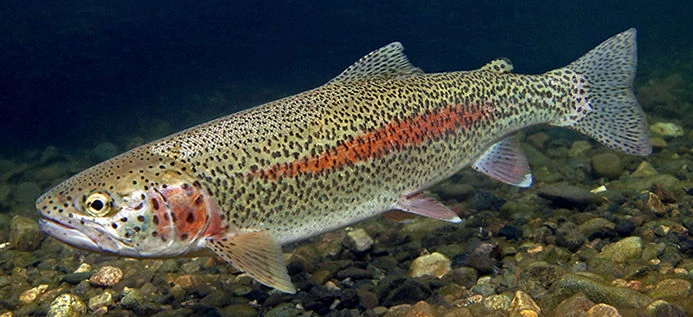The question of whether fish feel pain has long been a topic of debate among scientists, animal rights advocates, and the general public. As we continue to discover more about the complex nature of aquatic life, this question has gained increasing attention. In this article, we will delve into the evidence surrounding fish pain perception, addressing both scientific findings and ethical considerations.
Pain is a complex experience that involves sensory and emotional responses to harmful stimuli. In humans and other mammals, pain is linked to a well-developed nervous system, which includes nociceptors (pain receptors) that detect harmful stimuli and send signals to the brain. But do fish have the same capacity for pain?
Fish have a nervous system and nociceptors, which suggests they might have the basic biological structures required to sense and respond to painful stimuli. A study published in the journal Science in 2003 indicated that fish exhibit physiological responses to noxious stimuli, such as rubbing or thrashing when exposed to painful conditions. The research also showed that fish had elevated stress hormone levels after exposure to such stimuli, indicating a potential awareness of distress.

Further evidence comes from studies on fish behavior. In 2009, a study by Sneddon et al. demonstrated that fish, specifically rainbow trout, exhibited behaviors that suggested they were able to experience pain. Fish injected with an irritant demonstrated avoidance behaviors that were absent when the same stimulus was applied to a non-irritating substance. These findings point to the idea that fish may not only experience pain but also possess a degree of cognitive processing related to it.
One key point of contention in the debate is whether fish experience pain in the same way that mammals do. While fish do not have a cortex — the part of the brain associated with complex thought and emotion in humans — they do have other brain structures, such as the telencephalon, which are involved in processing sensory information. Although fish might not experience pain as intensely or emotionally as mammals, the evidence suggests that they do experience some form of discomfort that is more than just a reflexive response.
The argument against fish feeling pain often points to the lack of a cerebral cortex. However, research by scientists like Mancini and colleagues (2018) suggests that the presence of nociceptors and the ability to process sensory stimuli are sufficient for fish to feel pain. The debate continues, but the growing body of evidence tilts toward the idea that fish, like other animals, are capable of feeling some form of pain.
Understanding that fish may experience pain raises important ethical considerations, particularly in relation to fishing, aquaculture, and research. The fishing industry, for example, has been criticized for its practices of catch-and-release, where fish are hooked, injured, and often returned to the water. If fish feel pain, this practice could cause significant distress and suffering.
Moreover, the treatment of fish in commercial aquaculture also raises ethical concerns. Many fish are kept in crowded conditions that can lead to injury and stress, which may impact their well-being. While regulations on farmed fish are improving in some regions, the question remains: are these practices causing unnecessary harm to sentient creatures?
While definitive answers are still being debated, the growing body of research increasingly supports the idea that fish do indeed feel pain, at least to some extent. Whether their experience of pain is as complex as that of humans or other mammals is still unclear, but the evidence suggests that fish are more than mere reflex-driven organisms. They have the capacity to respond to noxious stimuli, which implies that they are capable of experiencing some form of discomfort.
As we continue to explore the intricacies of fish biology and behavior, it becomes more important than ever to consider their welfare in various human activities. Whether for ethical reasons or scientific curiosity, the question of whether fish feel pain is one that demands further research and careful consideration.
Sneddon, L. U., et al. (2003). "Do fish have nociceptors?" Science 302(5649): 2215-2217.
Mancini, D. M., et al. (2018). "Fish and pain: An assessment of neurobiological evidence." Animal Behavior and Cognitive Studies, 4(1): 15-23.
Chandroo, K. P., et al. (2004). "An assessment of the welfare of farmed fish: The fish as a sentient animal." Aquaculture, 239(1-4): 383-409.
animal tags: fish
We created this article in conjunction with AI technology, then made sure it was fact-checked and edited by a Animals Top editor.